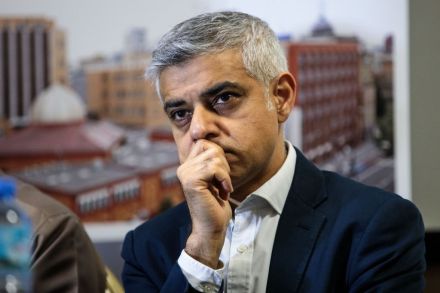When two becomes one
In Competition No. 3107 you were invited to provide an extract that is a mash-up of two well-known works of literature. The germ for this challenge was the discovery that Middlemarch was originally two separate works — a novel about the townspeople (the Vincys, Bulstrode, etc) and a short story called ‘Miss Brooke’, which focused on the country folk). Neither worked on its own, so Eliot stitched them together and, hey presto! I realised, reading your entries, that the brief had been ambiguous: while some of you lifted the exact text, others went for a looser approach. Both were permissible and both produced some terrific entries. Honourable mentions to Lauren



















